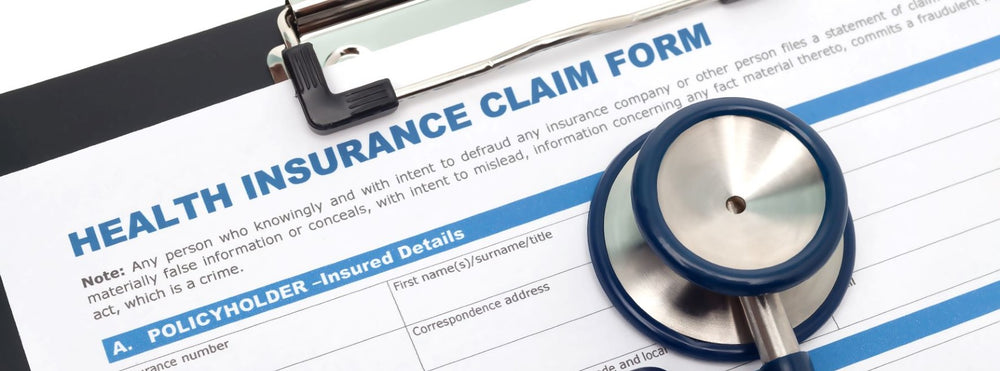What if insurance covered Step One Foods?

Paid your health insurance bill recently?
In the last 10 years, premiums for employer-sponsored insurance plans have risen 47%, according to a report from the Kaiser Family Foundation.
People are paying more than ever for their health care.
And yet, insurers -- not individuals -- are capitalizing on the health care savings from customers who use Step One Foods. Our actuarial analysis, published in Current Cardiology Reports, tells us that every $1 spent on Step One Foods saves $2.32 in medical costs. Unfortunately, that savings doesn’t land in your pocket at the moment. But we’re hoping to change that.
Once insurance companies realize the potential financial benefits of a lifestyle change, they find ways to incentivize their clients to make those healthy choices. Think of exercise: Once it became obvious that people who work out are cheaper to insure than those who don’t, insurers started subsidizing gym memberships and fitness trackers.
So far, the same hasn’t happened for food – at least not in a meaningful way. Yes there are insurance programs that sponsor limited meal delivery after someone is discharged from the hospital (turns out, if you eat better after coming home from the hospital, you are less likely to land right back in again). But since the food delivery period is short, it only has a fleeting impact on health. Unlike physical activity, which is often supported in an ongoing manner, there has not been any real effort by insurers to consistently support food’s use as a cornerstone of clinical care.
But we’re making the case that it should: If people with high cholesterol got on the Step One Foods program, the U.S. healthcare system could save at least $24 billion per year. That’s based on savings due to reduced use of medication, lower rates of heart attacks, and fewer hospital re-admissions. That's after accounting for the cost of Step One products.
Healthcare costs of individuals with elevated bad cholesterol (LDL-C) levels are 44% higher than those with normal cholesterol levels. And in the vast majority of individuals that high cholesterol is caused in part or in whole by food. It's frankly astonishing that an effective food-based intervention wouldn't already be considered on par with medications! After all, insurers think nothing of covering the costs of drugs. But don't get me started...
Here's another puzzle. Given that we all instinctively know that eating better leads to better health, you might wonder why the scientific literature is not overflowing with financial analyses of food interventions. That’s because food products generally are not “dosed” in the same way as medication (or exercise for that matter - 30 minutes per session, 5 sessions per week), and this makes it hard to pinpoint their effectiveness on a specific health condition. But since Step One Foods is dosed to lower cholesterol, we were able to analyze the financial impacts of our products.
Finally, when we designed our program, we wanted to keep it easy and familiar for everyone so that it could eventually be an obvious fit within the healthcare delivery stream. Even our dosing method (two snacks a day, delivering the precise levels of nutrients needed to lower cholesterol), would make prescribing our products easy for doctors.
Imagine this: At your annual physical, your health care provider informs you that your bad cholesterol levels are higher than ideal. But instead of handing you a prescription for a statin with little room for discussion, your provider gives you the option of a prescription for Step One Foods. Your health insurer is happy to subsidize the order, knowing that it will likely be saving money down the road. And positively impacting far more than just cholesterol. A win-win for everyone, just like a gym membership.
At the moment, that’s merely a vision, but we think it’s a vision worth fighting for.
By the way, some plans will allow using FLEX or HSA dollars to pay for our foods. If you have one of those accounts you might want to check if Step One is eligible. You can find the necessary forms here.

Tested & Proven Results.
- Cardiologist formulated
- Supported by over 500 publications
- Clinically-proven, in a double-blind randomized trial with Mayo Clinic and The University of Manitoba
80% of participants lowered their cholesterol in just 30 days. With just two servings per day, Step One Foods offers a proven-effective way to naturally lower LDL (bad) cholesterol.
Get heart health tips and articles like this, delivered right to your email.
New articles every week.
You may also like...

You don’t need to avoid foods with cholesterol…except for these




